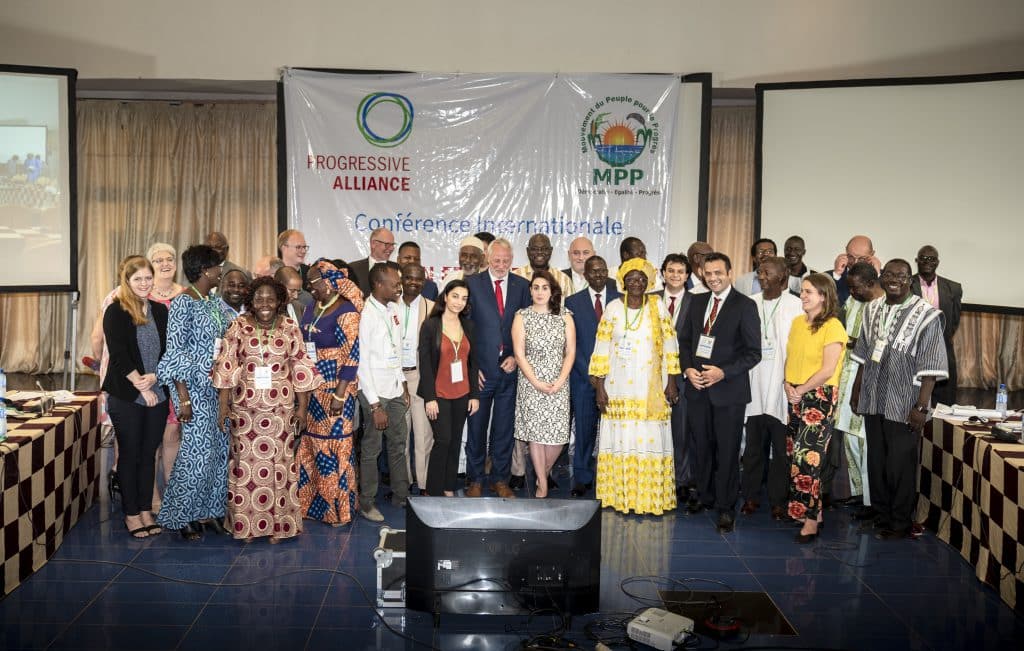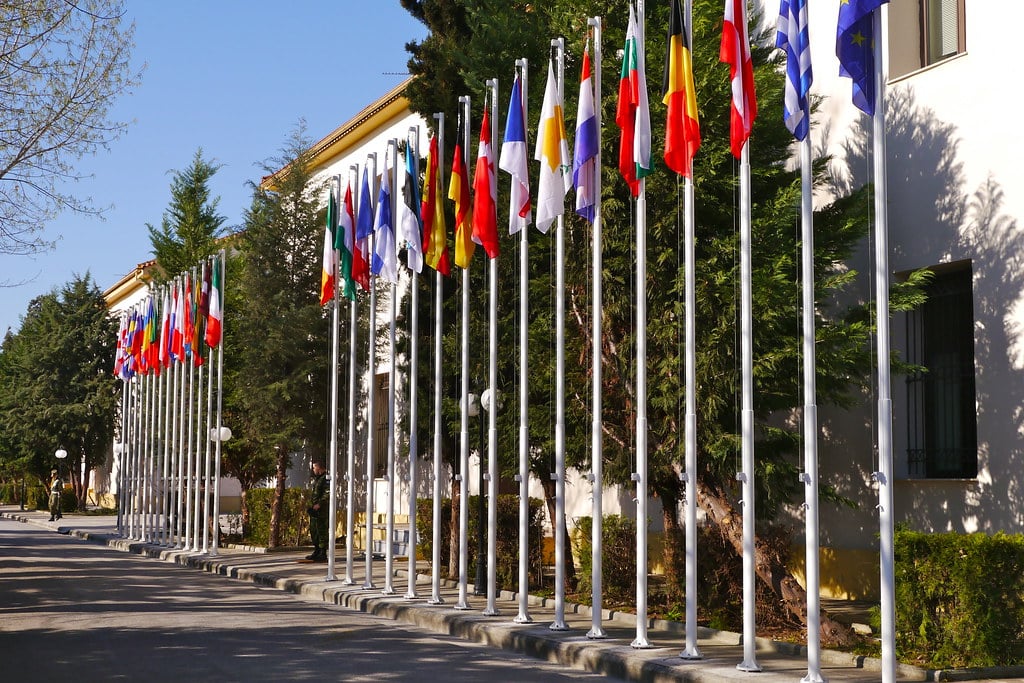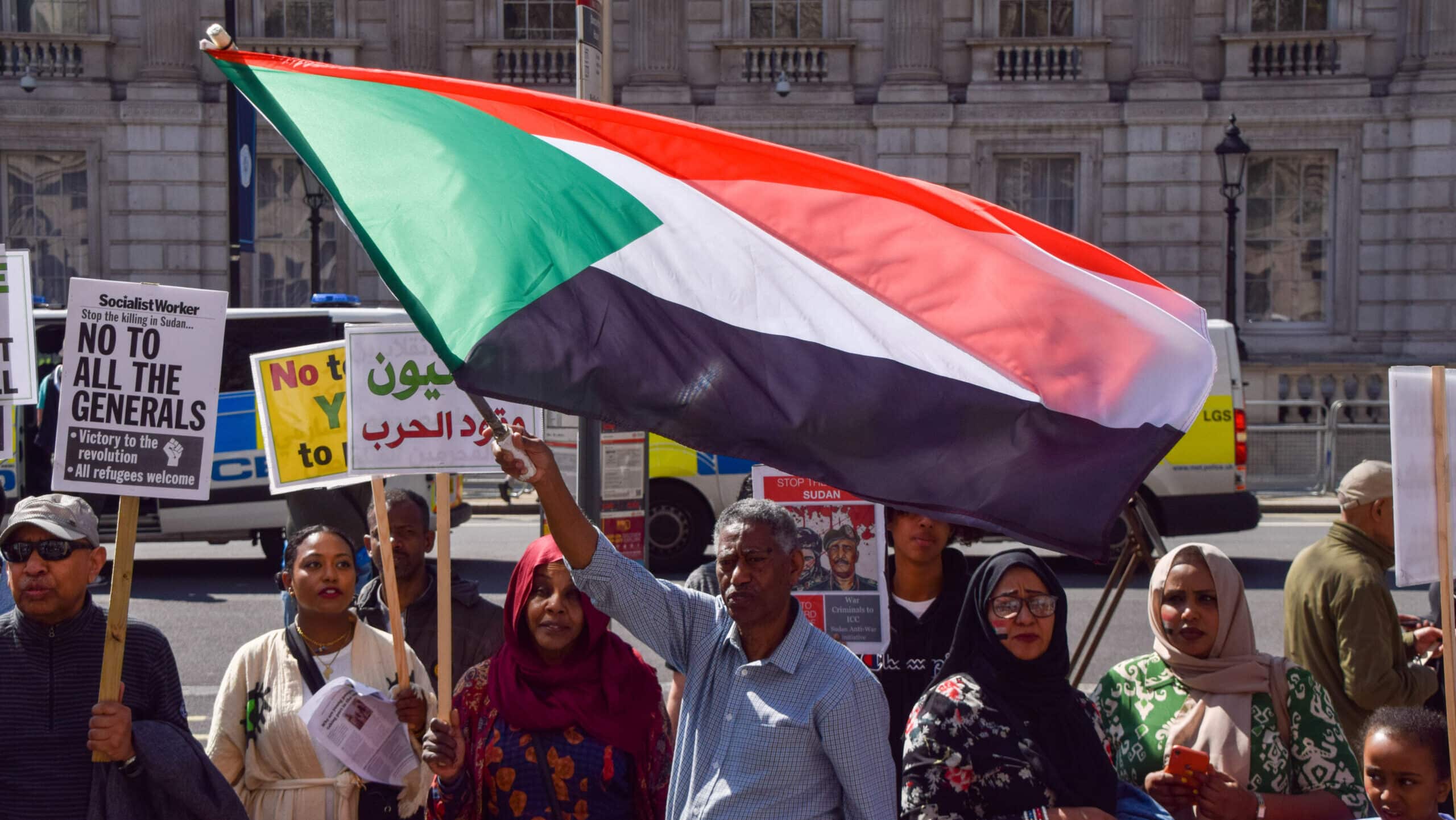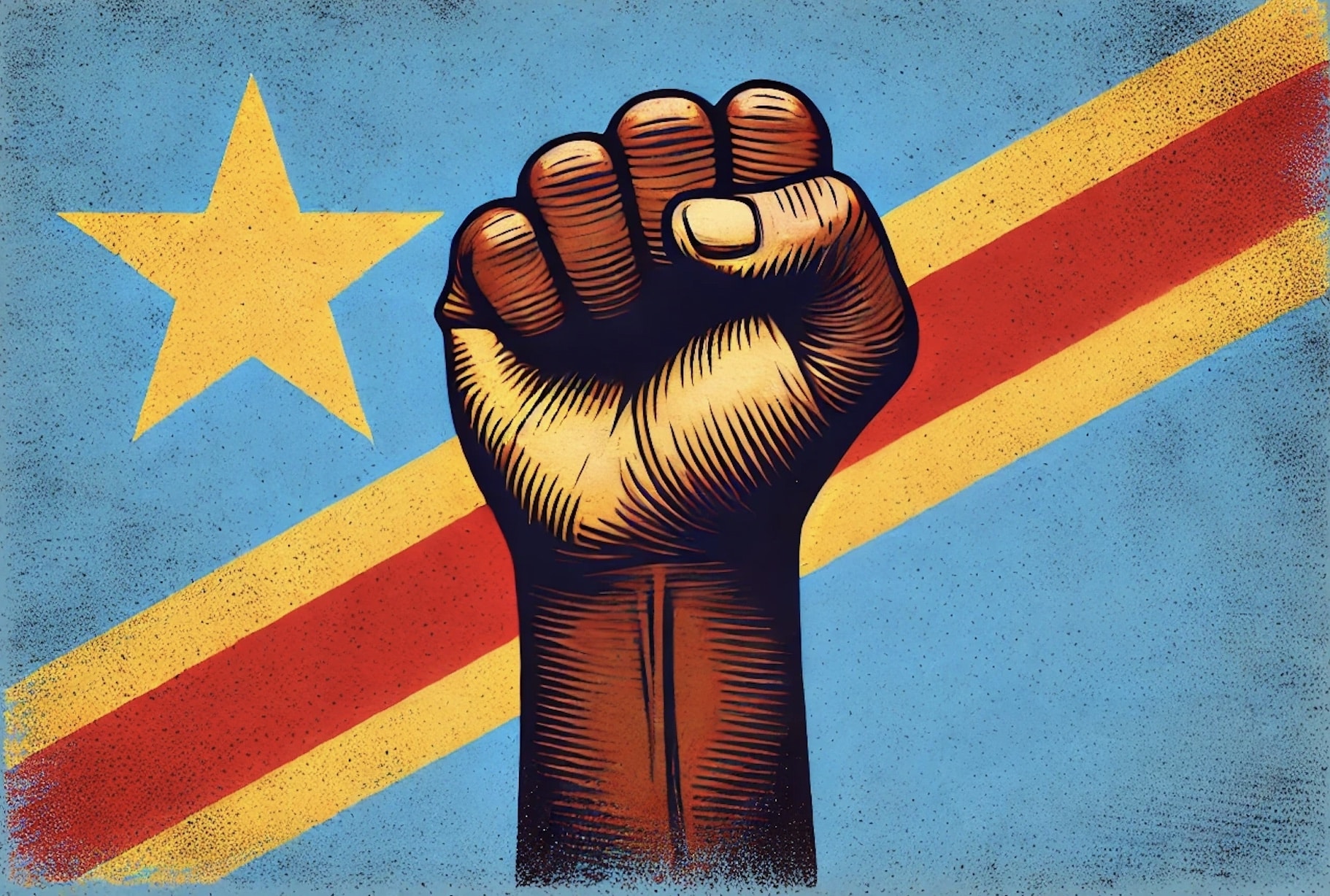On October 12 and 13, the Burkinabe party People’s Movement for Progress (MPP) invited members of the Progressive Alliance to Ouagadougou to discuss the topic of migration and social justice. FMS and FEPS are currently working on a study which aims to include African perspectives on migration in the European discussion on the topic. With more than 25 delegations represented during the seminar, of which many from African countries, it was a perfect occasion for us to learn more about the different African sentiments on this widely discussed issue.
A global understanding of migration
According to the Progressive Alliance, “It was due time to build up a global understanding of flight and migration and their impact on our societies as well as to come up with a comprehensive common strategy based on solidarity and partnership”. They had prepared a draft resolution for this seminar which called on the international community not to leave the organisation of global mobility to vagaries of free market forces: “access to social mobility must be oriented on people’s need rather than exclusively on corporate interest”. Food for thought and for discussion!
As always, time was limited while there were many topics to be touched upon, and many voices to be heard. The different presentations, panel discussions, questions and interactions only gave us a brief insight in what issues are at stake within the migration debate throughout the African continent.
An African strategy
Many speakers wanted to emphasise the fact that most African migrants stay within the continent, and mostly within the region. A strategy in order to control and monitor this is needed. However, such a strategy is still missing. The African Union was mentioned several times as an institution that should be taking care of this, but according to some of the speakers, this union only exists on paper and is not able to take these necessary steps.
So first of all, African problems related to African migration need to be addressed on the African level. Only afterwards the Western (host) countries should come into play. Because migration is a global issue too. And the solution to the administrative problems of migration lies within international cooperation. The planet is becoming a village, which asks for an integrated society where people live together in solidarity.
Western causes of migration
Western countries were also seen as a major cause of the economic and governance issues bringing forward migration flows. The economic issue according to Martine Yabré (Governance Expert, Burkina Faso): “Western countries help degrading our land and subsequently bring down our economies. To earn a living after your land is being degraded, one needs to move to new places”. Therefore, responsibilities need to be shared internationally. However, currently, there is an absence of national and international administrative control, but also an absence of equality between the developed and underdeveloped countries trying to find solutions.
The lack of good governance, a second major factor causing migration, was also seen as something that was generated by the outside world. However, most of the speakers did not believe international interference would be of any more help in this case. Desiré Leopold Kouidé (Cap Union for Democracy and Development, Ivory Coast): “Democracy was imposed on us due to colonisation, after having had a democracy of our own before. Now we should decide for ourselves what kind of democracy works for us”.
Brain drain
The brain drain from young, skilled Africans going to Europe was referred to several times as a major problem, and an unfair one too. It was mostly seen as a form of selective migration, or even ‘human shopping’ by Europe. By only welcoming qualified people, no fair chance is given to the less skilled Africans looking for perspective outside their home countries too. As a consequence, the latter groups find different, illegal pathways to reach their destination countries. Many of them having lost their lives on the Mediterranean Sea.
Naoufal Abahar working in the migration department of the Ministry of Foreign Affairs in Morocco looked at the brain drain from a different perspective. He emphasised that there are many opportunities to benefit from the brain drain. He personally facilitates such opportunities by connecting individuals from the diaspora with people in Morocco, often resulting in economic cooperation. “We should see it as an opportunity for development”, he stated.
Opportunities at the local level
Many concerns were raised during the discussions in Ouagadougou, however, some opportunities were also given to take away from the international meeting as well. When looking for solutions, Gorgui Ciss (International Secretary, Socialist Party Senegal) stressed the fact that solutions lie at the community level. The reasons for flight and migration can differ from village to village, or person to person. Solutions, therefore, need to be based on a bottom-up approach.
Three specific areas were given that need to be addressed to regulate migration flows, the ‘three D’s’: slow development, a growing demography and non-functioning democracies. Economic and democratic perspectives were seen as the most important factors to build on. But how to finance projects enhancing these perspectives? Some speakers called for a Marshall Plan for Africa, while others focused on structural change from within. Africa is still exporting raw materials and importing consumer products, even when those products are mostly made out of raw materials from Africa. It was clearly emphasised that a shift from an economy of consumption to an economy of production is needed throughout Africa for these countries to have control over their own economies.
Keep an eye on us!
As we continue our research in the upcoming months, all these insights are taken along. In November, our colleague Anne will visit Ghana, talking to people from the government, international organisations, NGOs and of course the people in the streets to discuss migration and policies on the topic. Of course, her journey will be documented on our website and in our online magazine (coming soon)!
Foto: Maurice Weiss ©





